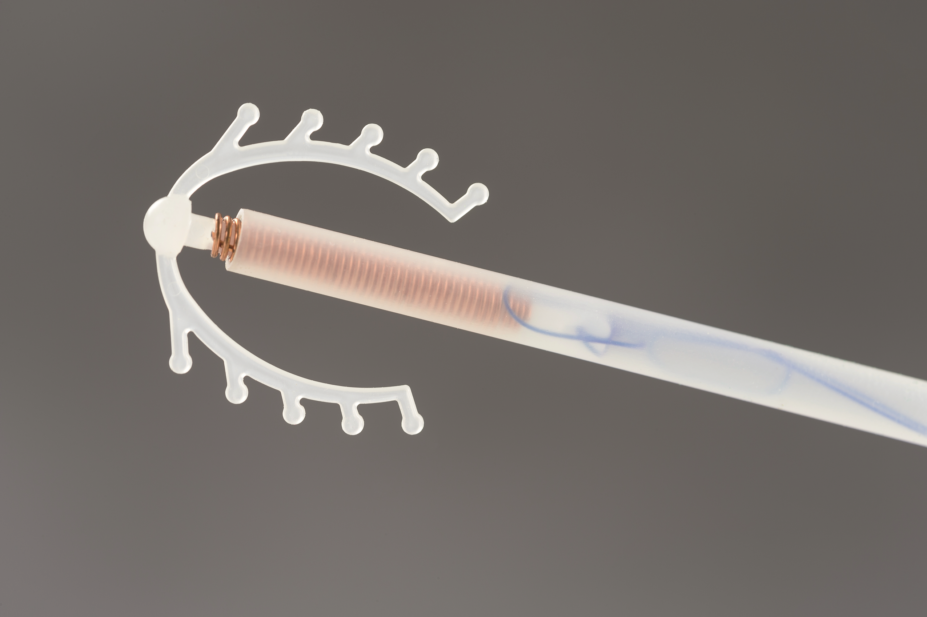
Shutterstock
The Faculty of Sexual and Reproductive Healthcare (FSRH) of the Royal College of Obstetricians and Gynaecologists, a professional membership body that supports those working in sexual and reproductive health, has updated its guidelines on the prescribing of emergency contraception.
Published on 14 March 2017, the updated FSRH guidelines emphasise that the copper intrauterine device (IUD) is the most effective form of emergency contraception (EC), and also provides immediate, ongoing contraception.
Asha Kasliwal, president of the FSRH, says the new guidelines “ensure that irrespective of where women access emergency contraception they are given consistent, evidence-based advice”.
In response to the FSRH announcement, the RPS has updated its own guidance on the prescribing of EC, comparing the copper IUD, ulipristal acetate and levonorgestrel. The updated RPS guidance, intended to assist with decision-making in pharmacies, states that the copper IUD is the most effective means of EC.
Commenting on the update, which can be viewed at http://www.rpharms.com/support-resources-a-z/oral-emergency-contraceptives-as-pharmacy-medicines.asp, a spokesperson for the RPS says: “Community pharmacy is the most common place that women access oral emergency contraception due to the professional service provided, ease of access and long opening hours. Although some women will not want an IUD, a consultation with a pharmacist provides a great opportunity for patients to be informed of all the options available to them.”


